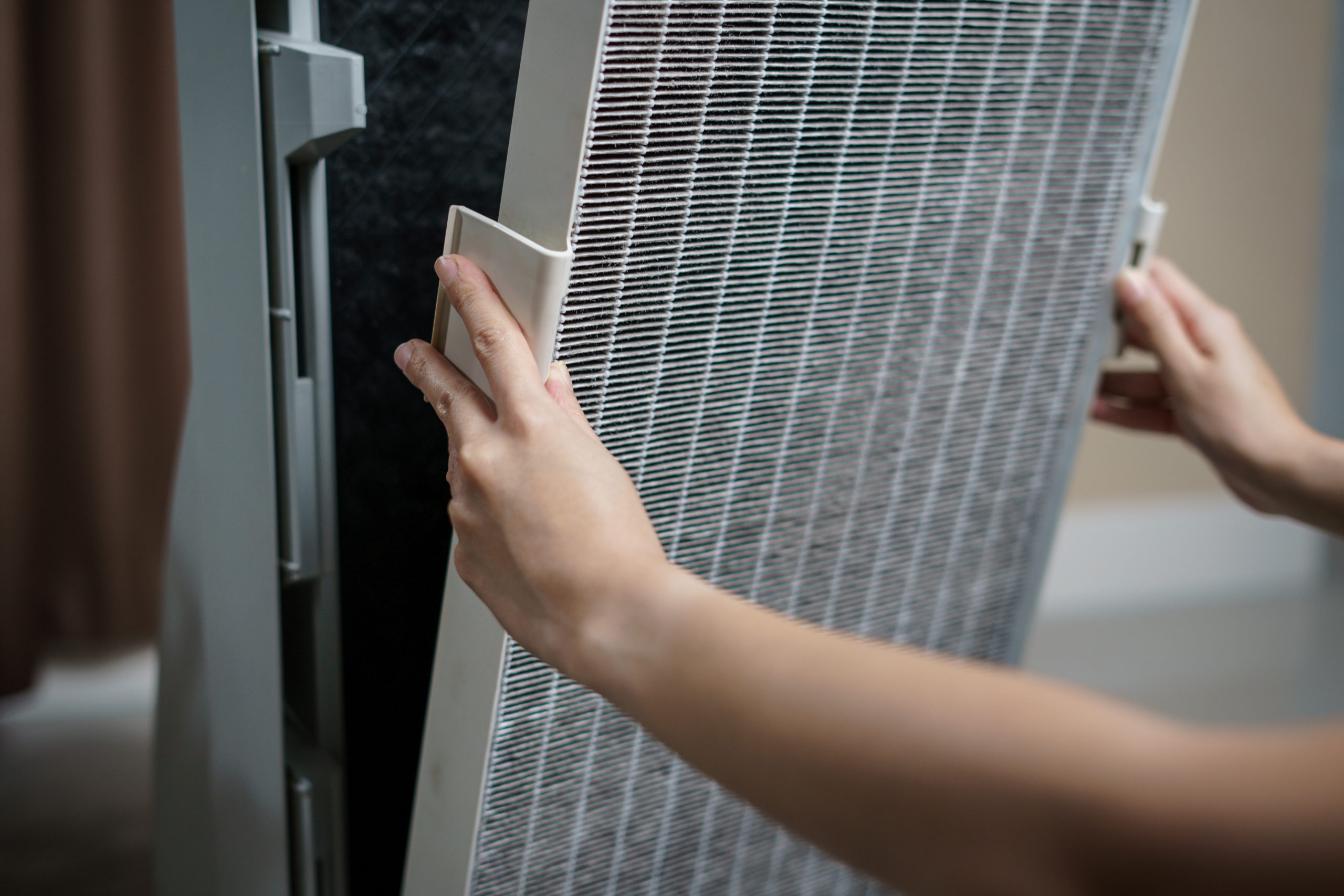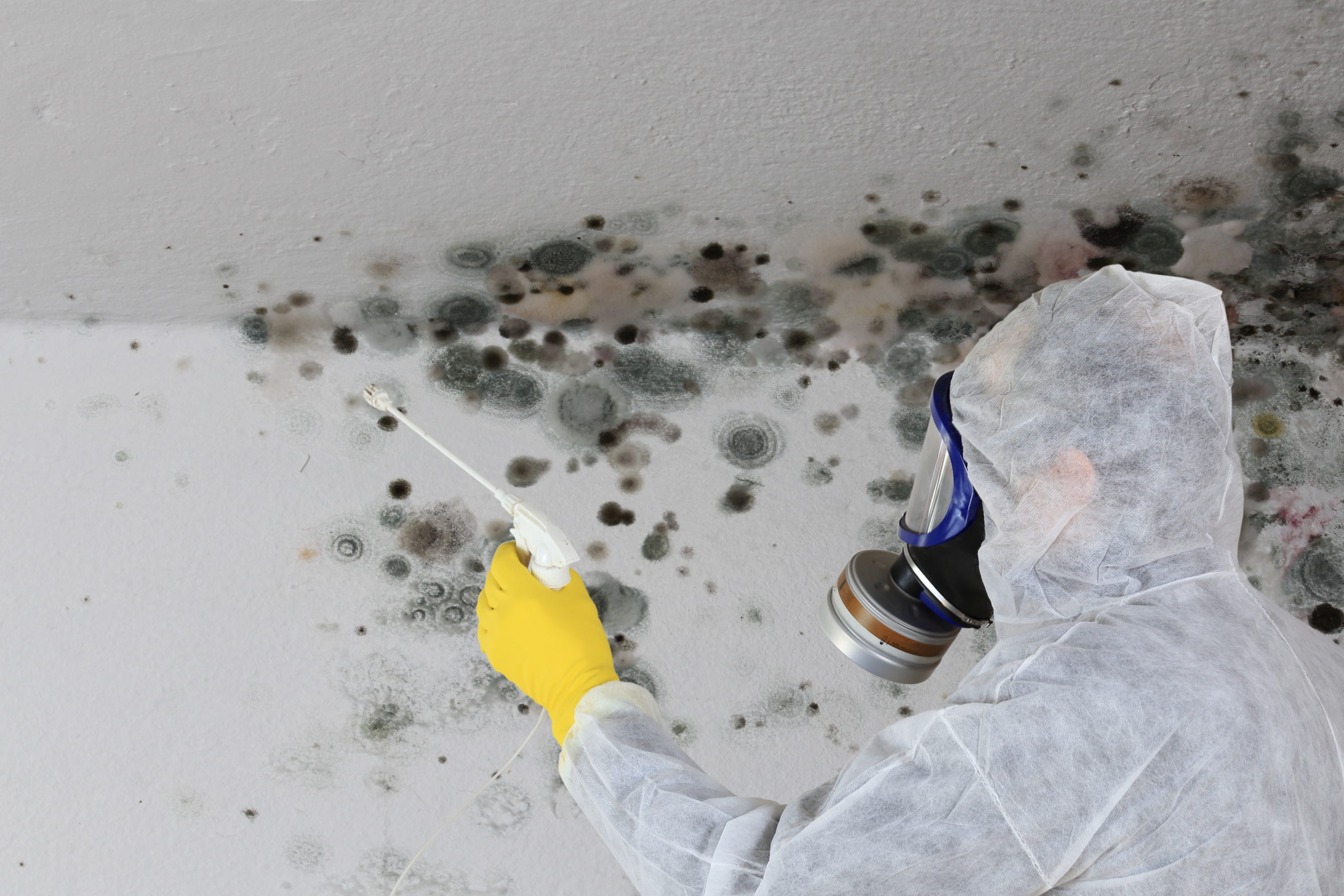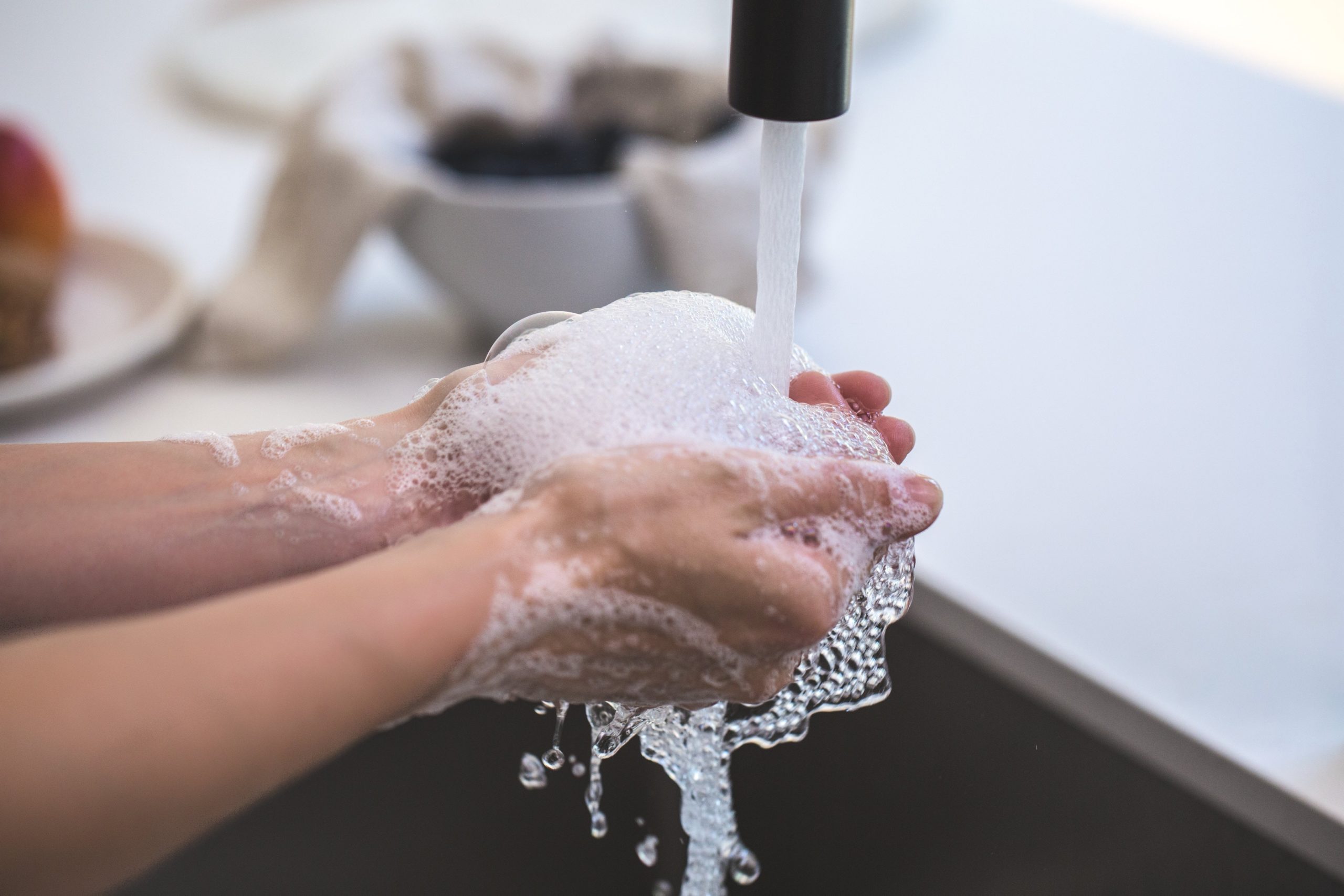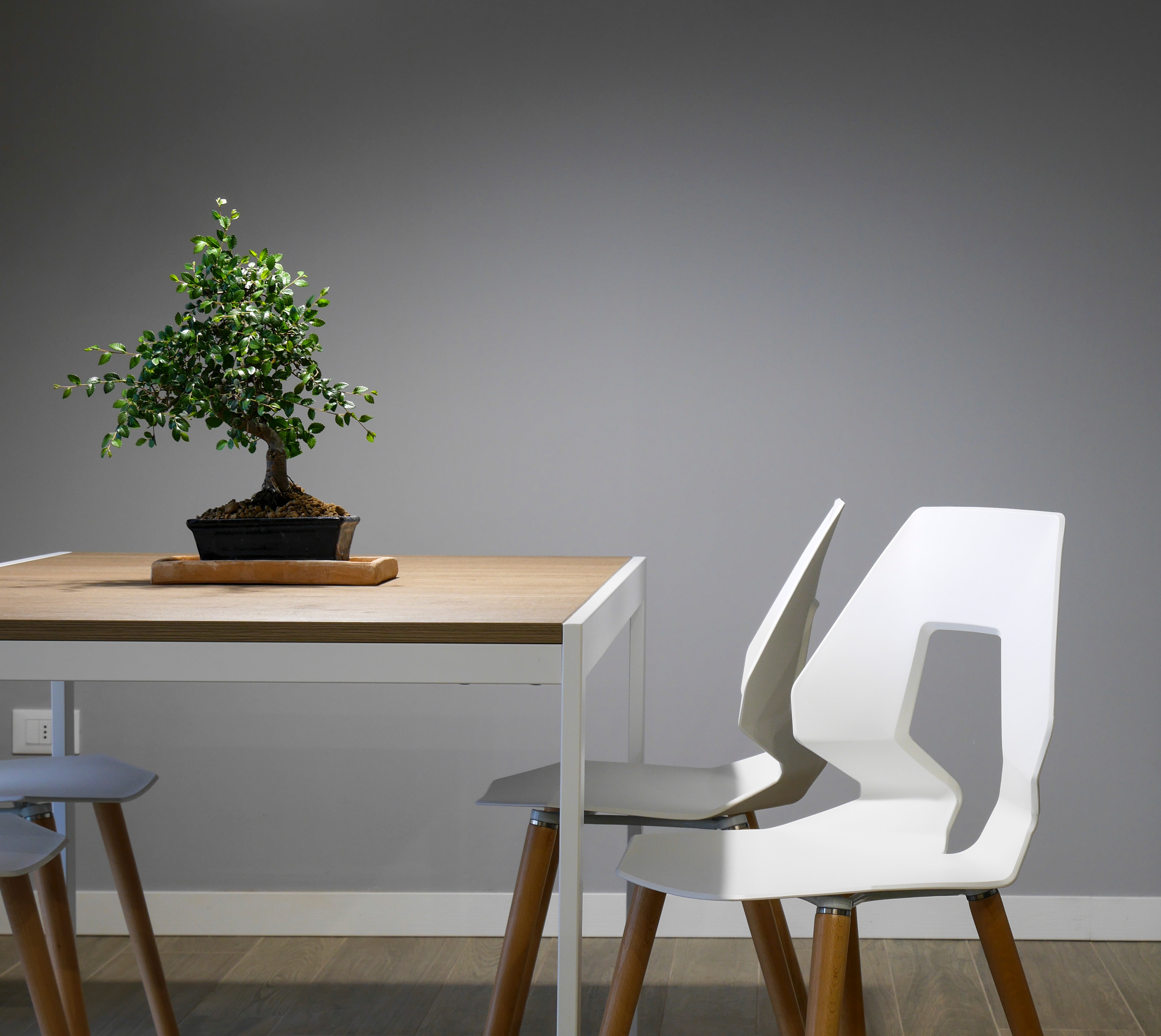Most people know that acids can cause injury, but alkalis are sneaky-dangerous
The Other Side of the Scale
In a previous article I discussed acids, which have a pH below 7 on the pH scale. Less well known among cleaning agents are bases (also called alkalis) which are chemicals with a pH higher than 7 when dissolved in water. Bases are very common in certain laundry products and kitchen cleaners, but they can be extremely dangerous to cleaning technicians and to surfaces if not used properly.
[EasyDNNnewsToken:Left Justify Embed 300 x 250]Let’s do a quick review of the pH scale, which ranges from zero to 14, with pH of seven considered neutral (tap water). The pH scale works on a logarithmic scale, meaning each point on the scale is based on a multiplier of 10. Just like on the lower or acid side of the scale, moving either direction from neutral (pH 7) means a point on the scale is ten times stronger than the previous number. Thus, the strength of the acids and bases increase significantly as you get to the extreme ends of the scale. Learn more.
An Enemy Becomes an Ally
Bases are often used in de-greasers and oven cleaners and work great in these products for two reasons. First, strong bases break down organic matter such as proteins and greases. Second, when a strong base is mixed with a fat it turns the fat into soap through a process called saponification — literally turning the thing we are trying to get rid of into an agent that helps clean. For example, old fashioned soap is made by combining lye, which is a strong base with a pH of 13, with fats such as lard and vegetable oils.
The Down Side
So this sounds great! A base will turn greasy dirt into soap. We should use them all the time, right? Well the problem is that bases, just like acids at the other end of the pH scale, can be dangerous. Chemical burns occur when living tissue is exposed to a corrosive substance such as a strong acid or base, and extensive tissue damage can occur. Most people understand acids are dangerous because if you spill them on your skin, they usually hurt. Many common bases used in cleaning do not cause pain immediately when they come into contact with skin.
Remember, bases break down organic matter which includes skin, bone and muscle. A base is absorbed through the skin and it turns body fat into a type of soap. Because bases destroy the protective fats in your skin, these burns tend to be more severe than acid burns. Bases are especially dangerous if they get into your eyes. One of my mentors lost much of his vision in one eye when a basic carpet cleaning chemical splashed into his eye.
Precautions
Being aware of the pH level of the products you use and are exposed to is important for your own safety. It is also important to understand what personal protective equipment and safety precautions are required to keep you safe when using these cleaning chemicals. In addition, strong bases should not be used to clean oil-based paints, alkali metals, brass, copper and silver. Bases of high pH are also not recommended when cleaning marble or limestone. Finally, never mix a base cleaner with household bleach.
Derek Christian is the owner of My Maid Service with locations in Cincinnati, OH and Dallas, TX, as well as a business coach through Cleaning Business Builders and publisher of CleaningBusinessToday.com. Derek is now an investor in several cleaning companies including My Maid Service Dayton and Real World Services Columbus. Derek is also a consultant for industry leaders Marvelous Maids and Castle Keepers.






